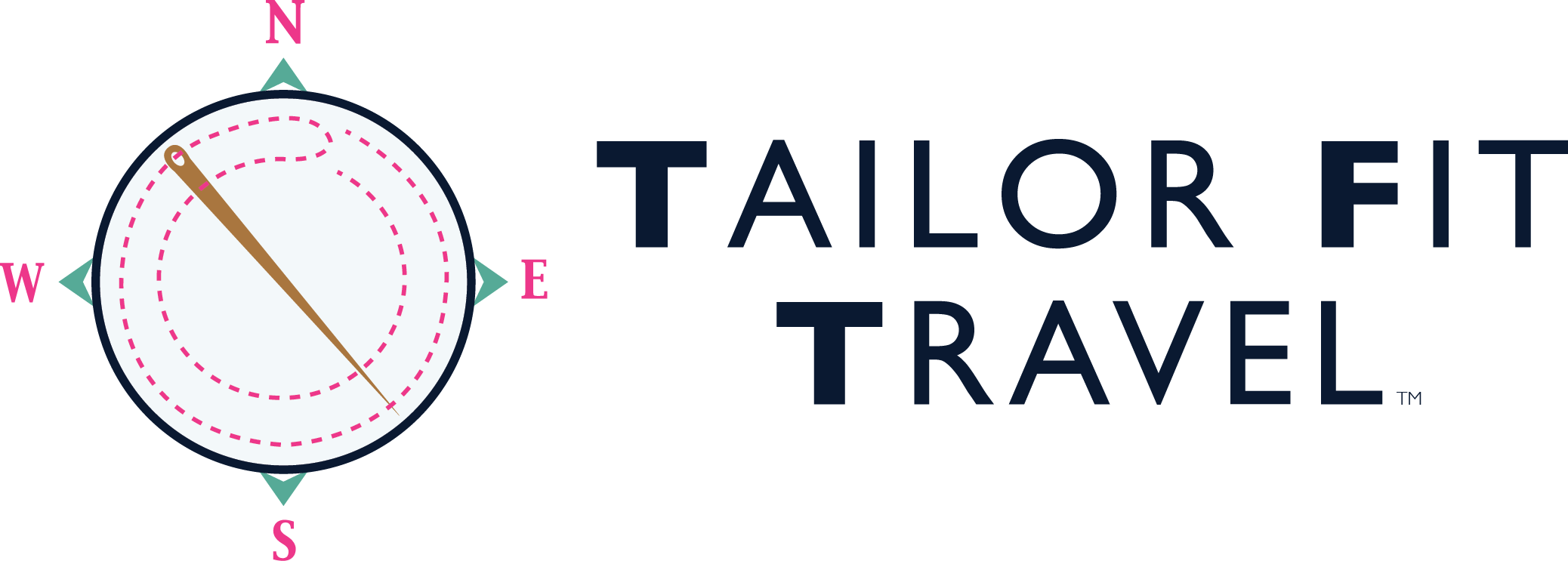TRAVEL TIPS
Money
The Bermudian dollar is on par with the U.S. dollar, and the two currencies are used interchangeably. (Other non-Bermudian currency must be converted.) You can use American money anywhere, but change is often given in Bermudian currency. Try to avoid accumulating large amounts of local money, which is difficult to exchange for U.S. dollars in Bermuda and expensive to exchange in the United States. ATMs are plentiful, as are the number of venues that will accept credit cards, even for small items.
Since Bermuda imports everything from cars to cardigans, prices are high. At an upscale restaurant, for example, you're bound to pay as much for a meal as you would in a top New York, London, or Paris restaurant: on average, $60 to $80 per person, $120 with drinks and wine. There are cheaper options, of course; the island is full of coffee shops, where you can eat hamburgers and french fries with locals for about $15. The same meal at a restaurant costs about $25.
Prices here are given for adults. Substantially reduced fees are almost always available for children, students, and senior citizens.
ATMs and Banks
Your own bank will probably charge a fee for using ATMs abroad; the foreign bank you use may also charge a fee. Nevertheless, you'll usually get a better rate of exchange at an ATM than you will at a currency-exchange office or even when changing money in a bank. And extracting funds as you need them is a safer option than carrying around a large amount of cash.
PINs with more than four digits are not recognized at ATMs in many countries. If yours has five or more, remember to change it before you leave.
ATMs are found all over Bermuda, in shops, arcades, supermarkets, the airport, and two of the island's banks. Both HSBC Bermuda and the Bank of Butterfield are affiliated with the Cirrus and Plus networks. Note that both banks' ATMs only accept personal identification numbers (PIN) with four digits. Typical withdrawal amounts are multiples of 20 up to 100. Cash point robberies are a rarity in Bermuda, but if you're concerned, Reid Street and Front Street—which have the most banks—are Hamilton's busiest, and hence safest, places to withdraw cash.
Credit Cards
It's a good idea to inform your credit-card company before you travel, especially if you're going abroad and don't travel internationally very often. Otherwise, the credit-card company might put a hold on your card owing to unusual activity—not a good thing halfway through your trip. Record all your credit-card numbers—as well as the phone numbers to call if your cards are lost or stolen—in a safe place, so you're prepared should something go wrong. Both MasterCard and Visa have general numbers you can call (collect if you're abroad) if your card is lost, but you're better off calling the number of your issuing bank, since MasterCard and Visa usually just transfer you to your bank; your bank's number is usually printed on your card.
If you plan to use your credit card for cash advances, you'll need to apply for a PIN at least two weeks before your trip. Although it's usually cheaper (and safer) to use a credit card abroad for large purchases (so you can cancel payments or be reimbursed if there's a problem), note that some credit-card companies and the banks that issue them add substantial percentages to all foreign transactions, whether they're in a foreign currency or not. Check on these fees before leaving home, so there won't be any surprises when you get the bill.
Dynamic currency conversion programs are becoming increasingly widespread. Merchants who participate in them are supposed to ask whether you want to be charged in dollars or the local currency, but they don't always do so. And even if they do offer you a choice, they may well avoid mentioning the additional surcharges. The good news is that you do have a choice. And if this practice really gets your goat, you can avoid it entirely thanks to American Express; with its cards, DCC simply isn't an option.
Most Bermudian shops and restaurants accept credit and debit cards. Some hotels insist on cash or traveler's checks, so check in advance whether your hotel takes credit cards. The most widely accepted cards are MasterCard, Visa, and American Express.
Reporting Lost Cards
American Express. 800/992–3404; 336/393–1111; www.americanexpress.com.
Diners Club. 800/234–6377; 514/877–1577; www.dinersclub.com.
Discover. 800/347–2683; 801/902–3100; www.discovercard.com.
MasterCard. 800/307–7309; 636/722–7111; www.mastercard.com.
Visa. 800/847–2911; 303/967–1096; www.visa.com.
Currency and Exchange
The local currency is the Bermudian dollar, which is on par with the American dollar. Both are accepted throughout the island. Bermudian dollar notes all feature the Queen's head and are smaller than their U.S. counterparts. It's worth being careful, as the $10 and the $2 notes are similar in color (light blue) and could be easily mistaken for one another.
If you need to exchange Canadian dollars, British pounds, or other currencies, for the most favorable rates change money through banks. Although ATM transaction fees may be higher abroad than at home, ATM rates are excellent because they're based on wholesale rates offered only by major banks.

